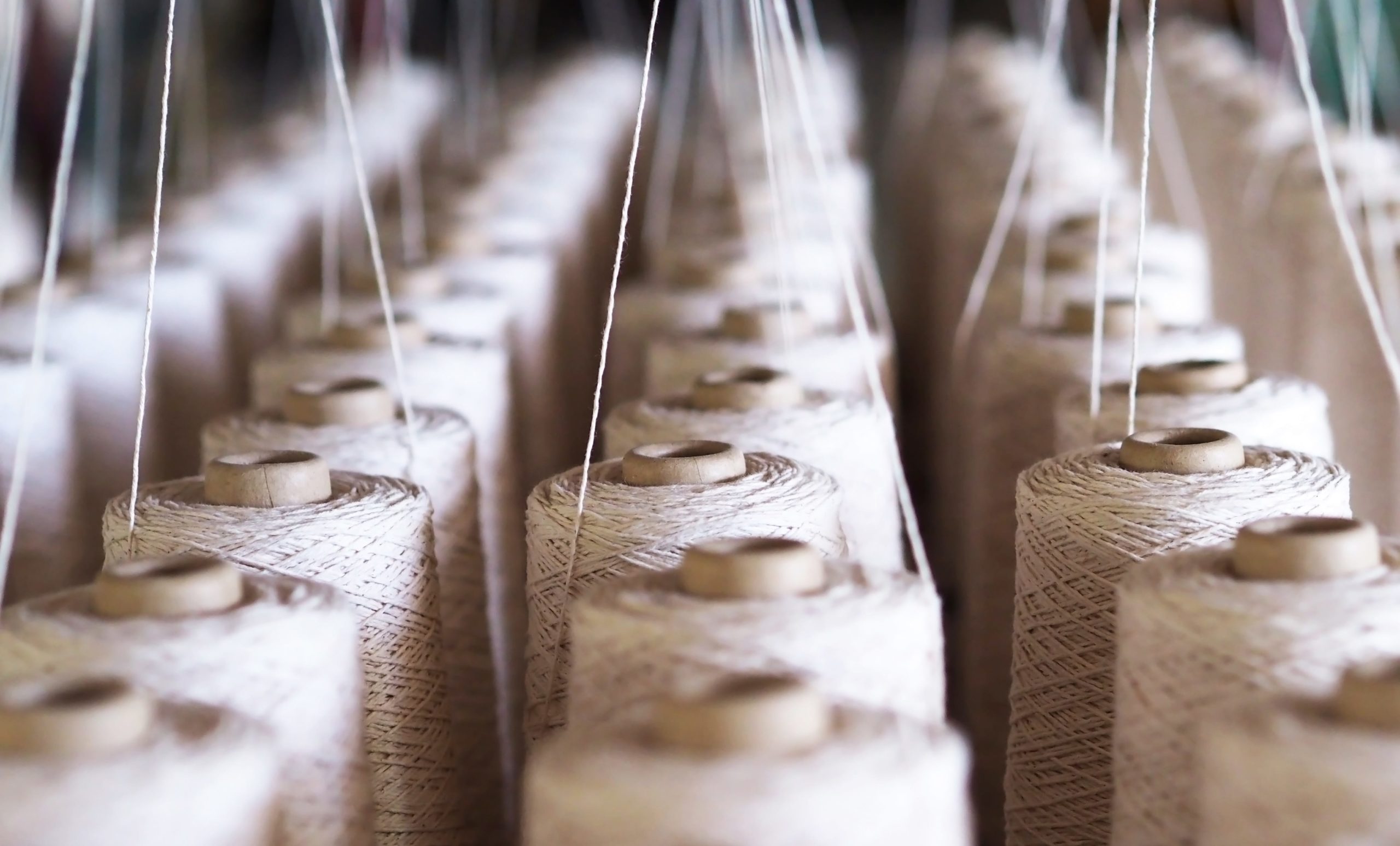
Finnish textile industry experts gathered to discuss the future of their industry in Finland
NewsThe Textile workshop on 7th December 2020 kicked off a series of activities in the ExpandFibre Ecosystem. The aim of this first workshop was to discuss if Finland has what it takes to make the sustainable and circular textile value chain a significant and profitable business, and to identify the key focus areas. A small but influential group of textile industry representatives and technology actors through entire value chain were invited to the event, offering views from different phases in the textile industry value chain. Three hours of intensive work resulted in excellent insights that will be elaborated in future activities.
ExpandFibre aims to find means to make circular economy of textiles a profitable business to the ecosystem members and, consequently, contribute to economic growth and job creation in Finland. The newly established ecosystem has such grand goals that not even large companies can do it alone – there is a clear need to activate like-minded actors in the sector and provide an open and inclusive ecosystem.
The virtual Textile workshop was hosted by Senior Manager Päivi Lonka from Fortum Bio2X and brought together around twenty expert participants. The event clarified a joint vision and gave proposals to reach that vision.
Four key development areas for a thriving sustainable textile industry
Four most relevant areas for development were formed in the workshops. The groups for the workshops were divided following the textile value chain. Fruitful discussion can be summarized as follows:
- Materials group
A yarn spinning mill investment in Finland was seen as a way to accelerate the development of the new business. It would complement the value chain and help scale up the production of yarn made from both recycled and sustainable virgin textile fibres. At the moment, there is no ton-scale machinery for production of fine yarns in Finland. Collaboration and partnerships to establish the spinning mill and supporting activities, such as quality and performance testing, are essential and common agreement on the type of fibre and scalability is needed. As the spinning operations increase, the operations can eventually turn into commercial activities.
- Eco-design group
The biggest challenge in eco-design is the availability as well as stable, high quality of new materials. The best and international partners are required to get the much-needed visibility to new materials. In this context, the spinning mill as a testbed facility for brands and designers also plays an important role and volumes need to be sufficient to enable reaching the commercial stage in an efficient schedule.
- Production, distribution & consumption group
The biggest challenge in this area is related to the whole value chain and value creation. It is important to understand the big picture of the value chain, see it as circular and identify which parts in the value chain are feasible to have in Finland.
In Finland, technical expertise both on yarn and fabric production may no longer be up to date, but the capabilities to raise the level of expertise do exist. For example, education related to the textile industry is again introduced in Aalto university. Another issue is the legislation which is not keeping up with the emerging innovations. This shows for example in outdated VAT regulations for new, sustainable fibres.
- Waste group
Finland has made major progress in arranging textile waste recycling and now the challenges are posed by the demand and usage of the streams coming from recycling — how to convert the current interest into demand and what are the concrete actions to do it? It was noted that the pricing of these streams must be competitive, but high and consistent quality is equally important.
Blends of sustainable virgin and recycled fibres are a likely route to reach the high quality for future yarns. Increasing industry knowledge and expertise is important as well: sharing the experiences from forerunners, adding the understanding of general public and consumers by emphasizing the positive impact on environment.
Summary and next steps
All workshop participants gained valuable insight into the views of players in different parts of the value chain. ExpandFibre recommends using this insight in all future project preparations and will bring these topics up in future workshops and other forums fostering open discussion and ideation. The organisers are very much looking forward to equally fruitful discussions and events.
The event hosts from Fortum and Metsä Spring express their thanks for insightful discussions to event participants from Aalto University, Black Moda, Design Anna Ruohonen, Infinited Fibre Company, Lindström, Marimekko, Nanso, Pure Waste, Reima, SciTech, Spinnova, S-ryhmä, Suomen Tekstiili ja Muoti ry, Touchpoint/Rester and VTT.